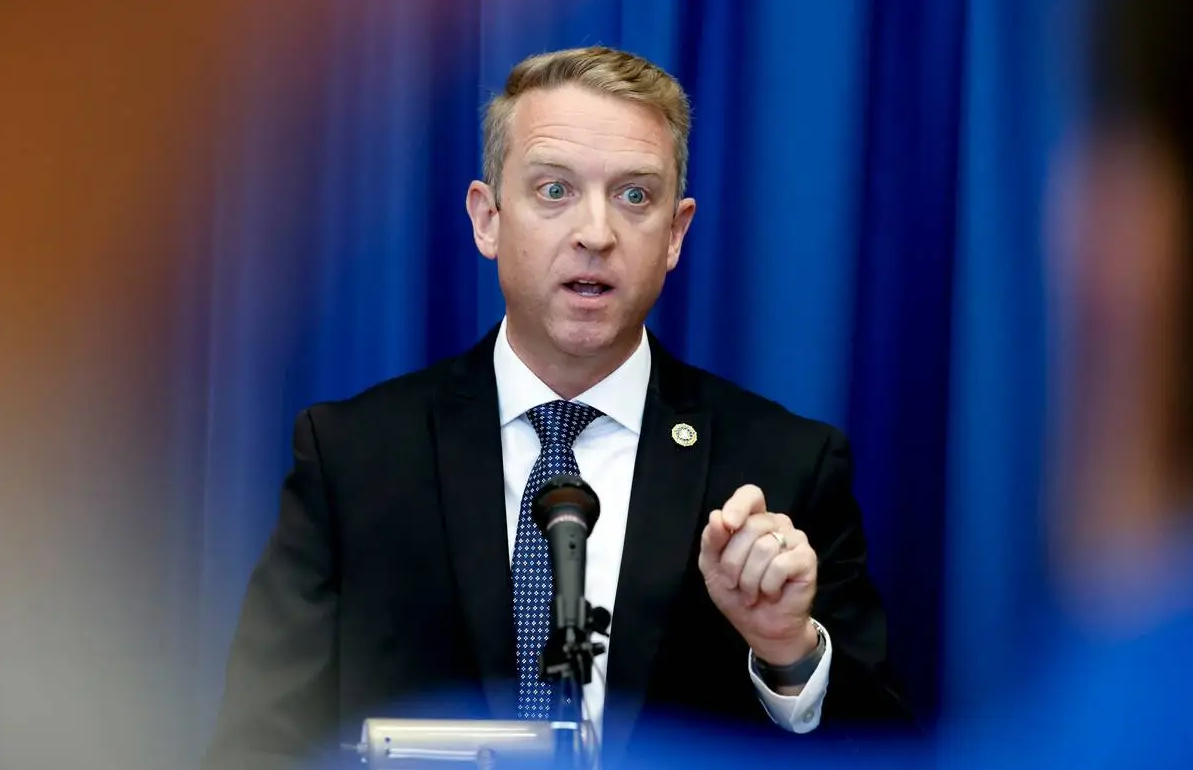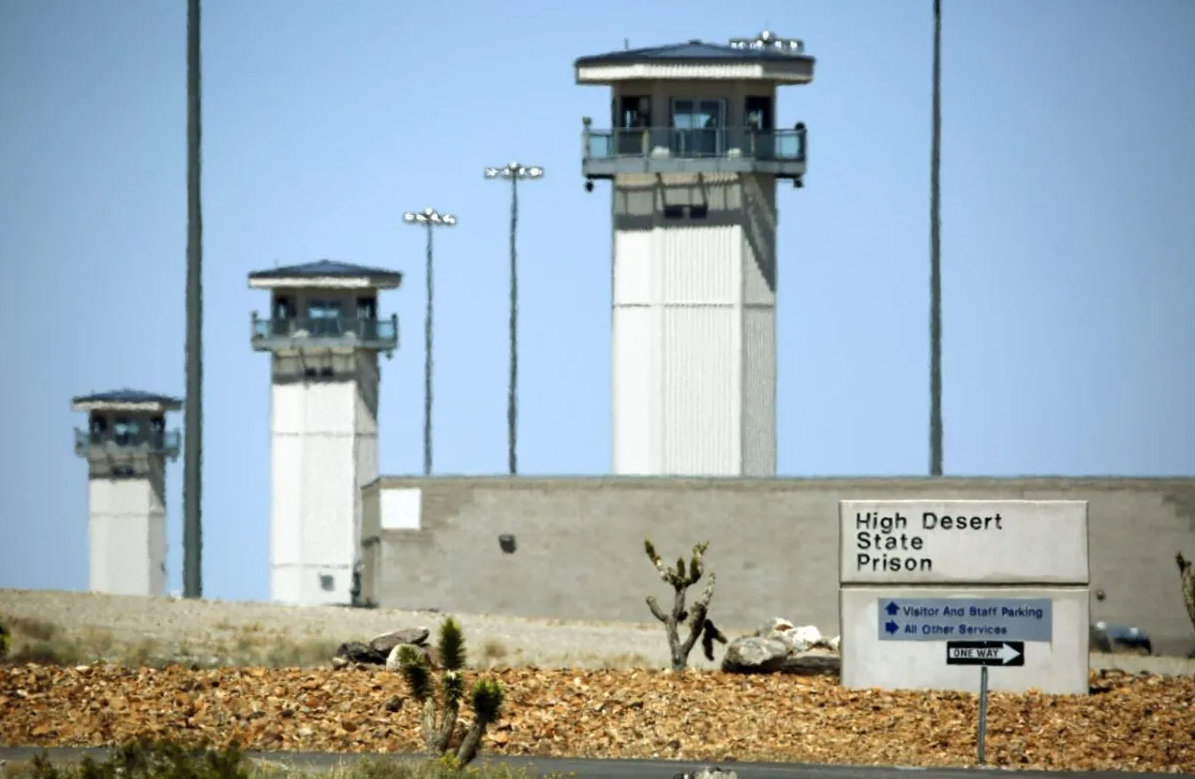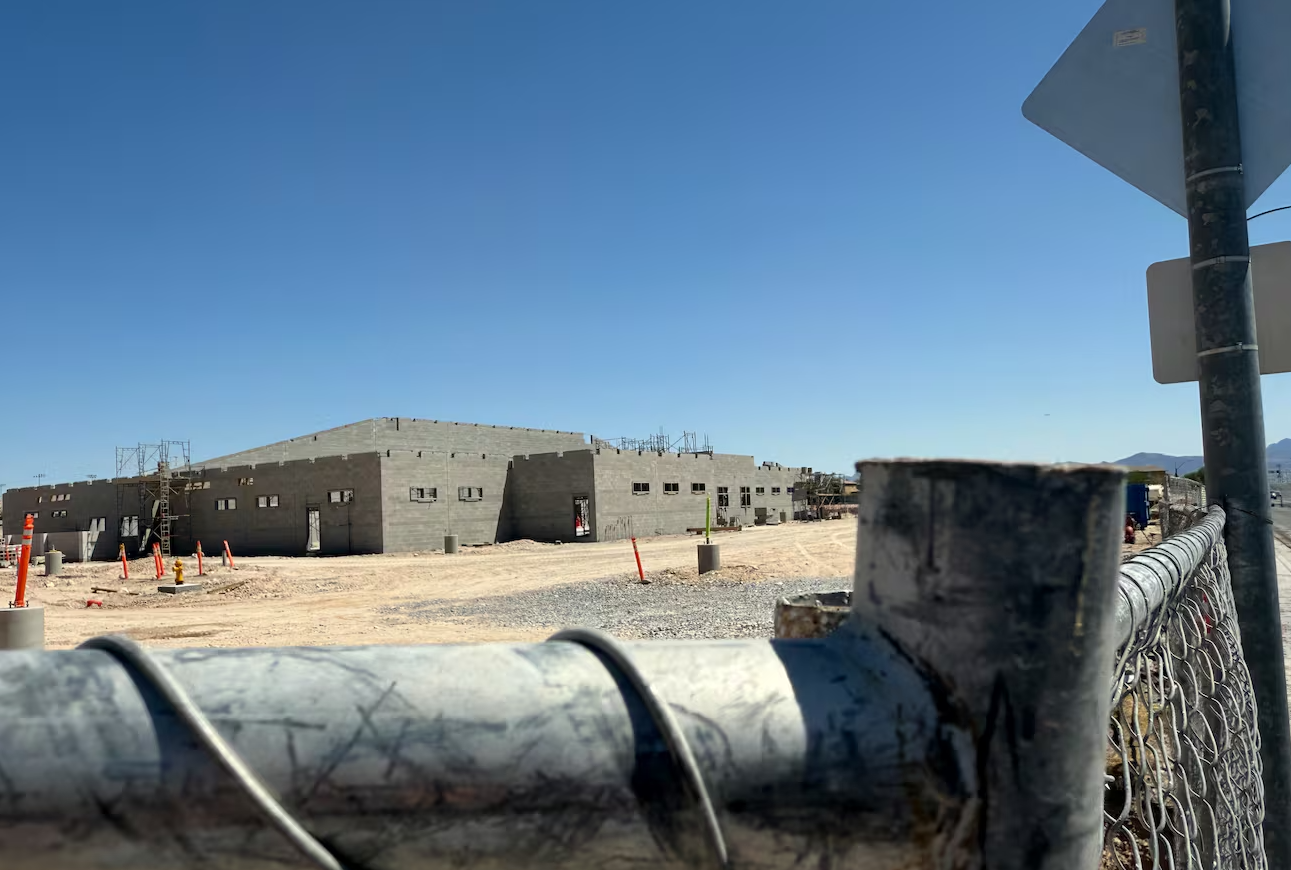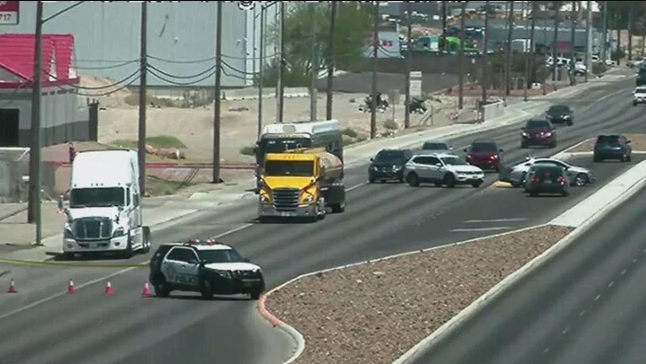Las Vegas FBI chief’s firing linked to COVID policies, attorney suggests Epstein distraction

The sudden dismissal of Spencer Evans, head of the FBI’s Las Vegas field office, has sparked controversy as his attorney suggests the firing may be a calculated distraction from the Trump administration’s ongoing struggles with the Jeffrey Epstein files controversy.
Official reason cites COVID-19 enforcement
FBI Director Kash Patel terminated Evans on Friday, citing his “lack of reasonableness and overzealousness in the implementation of COVID-19 protocols and policies” during the Biden administration, according to the termination letter obtained by attorney Mark Zaid.
Evans, who served as Special Agent in Charge of the Las Vegas office since 2022, was fired without due process for following Justice Department COVID-19 directives, his attorney claims. The 21-year FBI veteran was scheduled to begin a new role as deputy assistant director and head of insider threat in the security division in Huntsville, Alabama, on Monday.
“The purge of dedicated, patriotic FBI officials like Special Agent Evans is an absolute disgraceful moment in history,” Zaid stated, emphasizing that Evans merely implemented policies consistent with DOJ instructions from 2021-2022.
Timing raises questions amid Epstein controversy
The firing comes as the Trump administration faces intense criticism from its own base over its handling of the Jeffrey Epstein investigation files. Zaid suggested the dismissals of Evans and other FBI officials might serve as “red meat” to distract from the administration’s Epstein-related troubles.
“This is a good way to sort of throw some red meat at the base to distract them from the Epstein files,” Zaid explained. “That’s a working strategy and theory. Obviously, I don’t know if that’s what led to it or not, but I don’t have a better explanation as to why, all of a sudden, these terminations would occur.”
The Epstein controversy has consumed Washington for weeks, with Trump supporters demanding the release of investigative files related to the deceased sex offender. Recent polls show nearly two-thirds of voters disapprove of the administration’s handling of the matter, including more than one-third of Republicans.
Pattern of dismissals targets COVID policy enforcers
Evans joins a growing list of FBI officials fired under similar circumstances, including former acting Director Brian Driscoll. The common thread appears to be their roles in implementing COVID-19 vaccination and mask requirements during the previous administration.
Before leading the Las Vegas office, Evans served as deputy assistant director in human resources at FBI Headquarters, where he helped implement COVID policies. Some FBI employees who opposed vaccination requirements and sought religious accommodations have publicly criticized Evans and called for his termination.
Kyle Seraphin, a self-described “recovering FBI agent,” claimed Evans denied his accommodation request in 2021, arguing the policies discriminated against pro-life Christians. Despite urging Evans’ firing, Seraphin predicted the dismissal was mishandled: “I actually think Spencer Evans is going to end up getting his job back or at least he’ll be paid out for a wrongful termination.”
Las Vegas leadership in flux
Evans was a prominent figure in Las Vegas law enforcement, frequently representing the FBI at major incidents. He notably spoke to reporters following the January 1 Cybertruck explosion at Trump International Hotel and led numerous high-profile investigations during his tenure.
The dismissal creates uncertainty about FBI leadership in Southern Nevada. Jeremy Schwartz has been serving as acting special agent in charge since February, though Evans maintained he remained in charge as recently as last month, suggesting administrative confusion about his status.
This marks the second attempt to remove Evans this year. NBC News reported in January that he was among FBI officials told to resign or be fired, but that termination was rescinded when officials discovered Evans wasn’t eligible for retirement—a prerequisite for the initial removal order.
Legal challenges expected
Zaid announced plans to “pursue every available legal remedy” on Evans’ behalf, setting up a potential legal battle over the termination. The attorney, who has handled numerous high-profile federal employment cases, characterized the firing as a betrayal of law enforcement and civil service principles.
Evans himself struck a philosophical tone in a LinkedIn post about his departure, writing he was “filled with gratitude” for his career and comparing his situation to divine pruning: “I have long believed in the metaphor of God as the all-knowing gardener, who prunes us and shapes us from time to time because He knows what He wants us to become.”
Broader implications for federal law enforcement
The firing of Evans and other FBI officials raises concerns about political influence in federal law enforcement agencies. Director Patel had testified under oath during confirmation hearings that he would not take retaliatory actions, making these dismissals particularly controversial.
As the Trump administration continues to face pressure over the Epstein files—with recent reports confirming the president’s name appears multiple times in the investigative documents—the timing of these FBI dismissals adds another layer of complexity to an already volatile political situation affecting federal law enforcement operations across the country.
Category: Local News
Subcategory: Law Enforcement
Date: 08/12/2025




